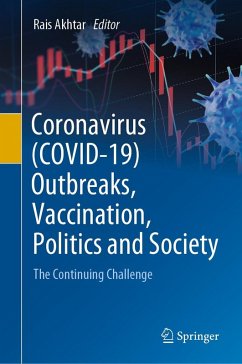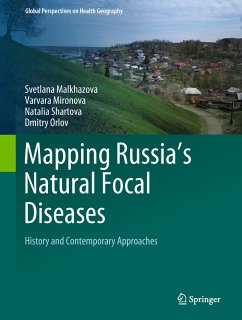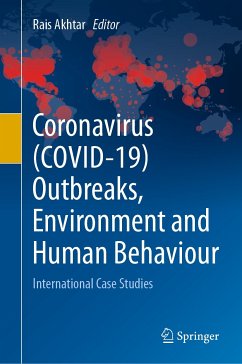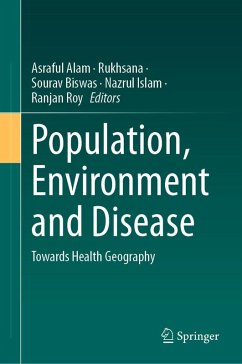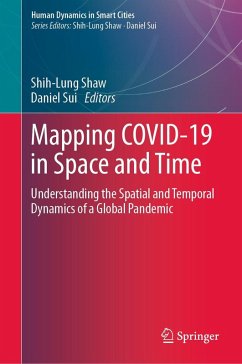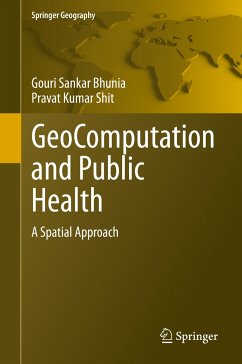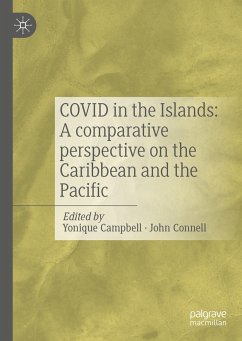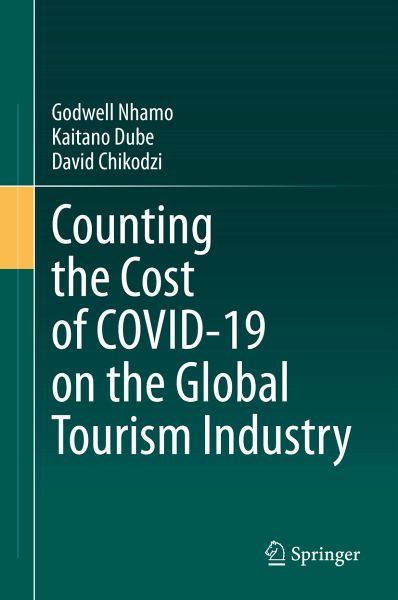
Counting the Cost of COVID-19 on the Global Tourism Industry (eBook, PDF)
Versandkostenfrei!
Sofort per Download lieferbar
Statt: 171,19 €**
128,95 €
inkl. MwSt.
**Preis der gedruckten Ausgabe (Gebundenes Buch)
Alle Infos zum eBook verschenkenWeitere Ausgaben:

PAYBACK Punkte
64 °P sammeln!
This book profiles preliminary findings on the impact of COVID-19 on the travel, tourism and hospitality sector. Starting with a narrative relating COVID-19 to the global development agendas, the book proceeds with a focus on global tourism value chains and linkages between COVID-19 and the Sustainable Development Goals (SDGs). Other perspectives addressed in separate chapters include impacts of COVID-19 on various industries within the global tourism value chain including aviation, airports, cruise ships, car rentals as well as ride and share car services, hotels, restaurants, sporting, pilgr...
This book profiles preliminary findings on the impact of COVID-19 on the travel, tourism and hospitality sector. Starting with a narrative relating COVID-19 to the global development agendas, the book proceeds with a focus on global tourism value chains and linkages between COVID-19 and the Sustainable Development Goals (SDGs). Other perspectives addressed in separate chapters include impacts of COVID-19 on various industries within the global tourism value chain including aviation, airports, cruise ships, car rentals as well as ride and share car services, hotels, restaurants, sporting, pilgrimage and religious tourism, gaming and entertainment, and the stock market. The book also includes chapters on corporate, philanthropic and public donations, as well as tourism economic stimulus packages. It then concludes with a chapter focusing on building back a better tourism sector post-COVID-19 that strongly draws from the Sendai Framework on Disaster Risk Reduction (2015-2030) and the disaster cycle. To this end, this book is suitable as a read for several professionals in disciplines such as tourism and hospitality studies, economics, sustainable development, development studies, environmental sciences, geography, politics, planning and public health.
Dieser Download kann aus rechtlichen Gründen nur mit Rechnungsadresse in A, B, BG, CY, CZ, D, DK, EW, E, FIN, F, GR, HR, H, IRL, I, LT, L, LR, M, NL, PL, P, R, S, SLO, SK ausgeliefert werden.




